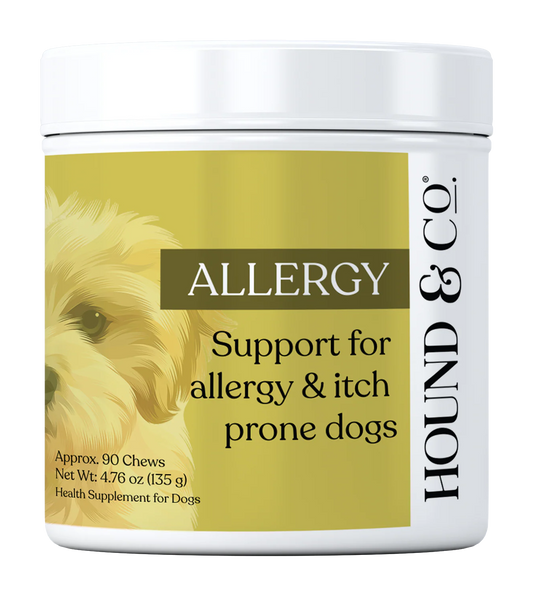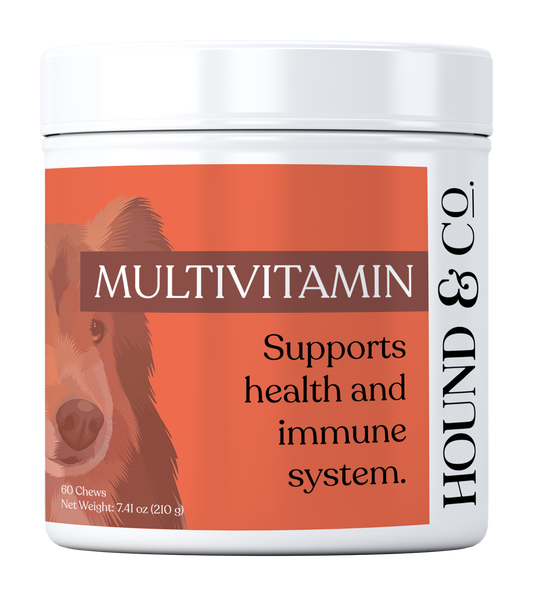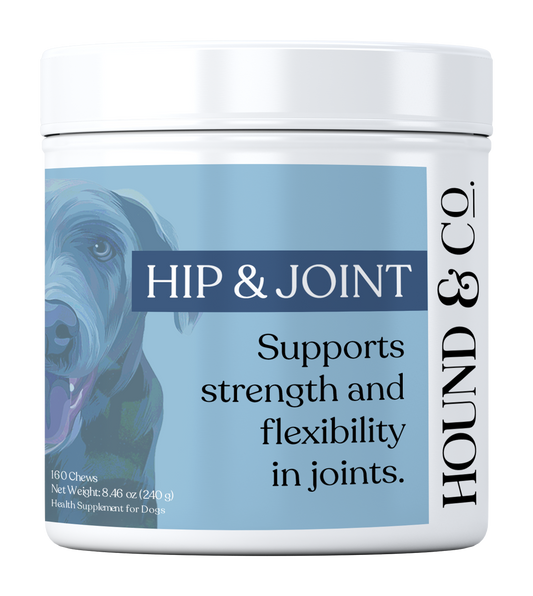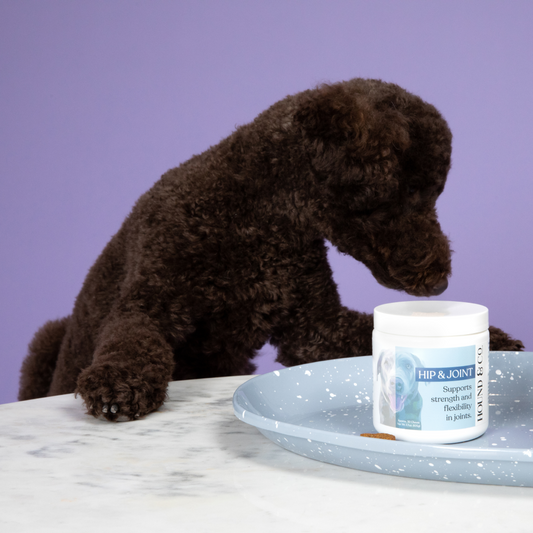Why Is My Dog So Itchy?

Vet Reviewed by Dr. Jacob Klos, DVM

The skin is a vital organ of the body and has numerous important functions such as regulating body temperature, acting as a barrier from microorganisms and harmful chemicals, and acts as a sensor keeping the brain informed about with what is going on. The skin acts as an ‘external nervous system’ and constant scratching, chewing, and licking in dogs can be an indication that something abnormal is going on. Other additional signs may include redness of the skin, excessive flaking, discolored paws, and loss of fur.
There is a very long list of things that can cause pruritus or itching of the skin in dogs. It is always important to consider speaking with your veterinarian, having a full physical examination on your dog completed, and certain diagnostic testing performed to create a tailored treatment plan moving forward. Here is some additional important information to consider.
The most common cause of pruritus in dogs is allergies. These allergies frequently are due to flea allergies, environmental ‘seasonal’ allergies, and or dietary allergies. It is important to have your dog on a flea/tick preventative as well as a heartworm preventative year-round. This can decrease the incidence of flea bites and transmission of infectious diseases. Please speak with your veterinarian about what products are correct for your pet. Consider a weekly bath using a canine-specific, soap free, shampoo. Daily supplements with specific ingredients to help skin health can be beneficial. Discuss possible diet options with your dog’s veterinarian. Many dogs are allergic to protein sources although some can also be allergic to grain. Before switching to a grain-free diet please speak with a veterinary professional and consult our other article (link). Lastly, some dogs require additional prescription long term medications to decrease itchiness.
Skin barrier dysfunction due to constant scratching and self-harm can have a negative impact on your dog’s daily health. Abnormalities in the skin barrier can lead to easier access of allergens and pathogens into the skin and may lead to long term health issues and an uncomfortable situation for you and your pet.













